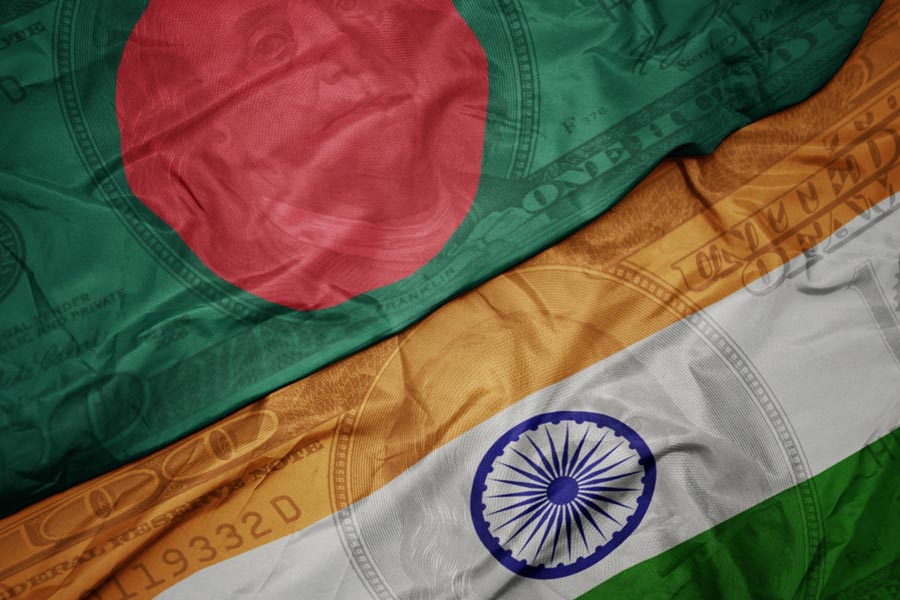A senior Pakistani official said on the sidelines of the COP27 climate summit here that India and Pakistan should start talking to each other to counter the ever-increasing climatic impacts in both countries, adding that it was a “now-or-never” situation.
In an interview with The Telegraph, Romina Khurshied Alam, member of Pakistan’s National Assembly and special assistant to the Prime Minister on climate change, said Pakistan was willing to talk to India on the issue.
Indian officials at Sharm El-Sheikh declined to comment officially but pointed out that the call of talking with Pakistan remained with the highest authorities of the government.
“Like cricket, it has to be decided by the highest authorities of the country,” an official said.
Alam’s overture assumes significance as Pakistan is the current chair of the G-77 countries, of which India is a member. G-77 is the largest inter-government organisation of developing countries in the United Nations.
Both India and Pakistan have faced the brunt of climatic impacts in recent times and have been bracketed together in a recent report published by the World Meteorological Organisation on climate sufferings, particularly heat waves and floods during 2022. India and Pakistan, along with Bangladesh, form the climate disaster triad in South Asia, one of the most climate-vulnerable parts of the world.
“We need to come out of this mode (of not talking to each other) for heaven’s sake. We need to revive the discussion, and we need to speak together.… I am saying it loud and clear — unless we stand with each other, nobody will stand for us,” Alam said.
“If India and Pakistan go underwater, who will fight with whom, and where?” he asked.
“What are we doing… for what are we waiting for?” the official added, pointing out that India and Pakistan are huge countries and the lives and livelihoods of millions are at stake.
“If the EU (European Union) can talk about climate change, why can we not do so at the South Asian level?”
Alam asked, pointing out that Pakistan was willing to have a dialogue on the issue with India.
She indicated a thaw in the climate relationship between the two countries, stating that a senior official from India recently participated in a regional climate discussion in Pakistan.
Abid Suleri, an economist and member of Pakistan’s national council of climate change, observed that though the two countries may not be speaking bilaterally, they tend to get along well in multinational platforms on climate change.
“Pakistan is now the G-77 country chair, and India, so far, is going along fine,” Suleri said.
Independent experts also highlighted that India and Pakistan and other neighbouring countries should start to work together immediately on countering climate change.
“India, Bangladesh and Pakistan are in the same boat that is sinking. Unless they work together, the future is doomed by extreme disasters affecting the development and economic growth of the people of South Asia…. They need to coordinate and work closely to address climate change,” said Sanjay Vashist, director of Climate Action Network South Asia.











